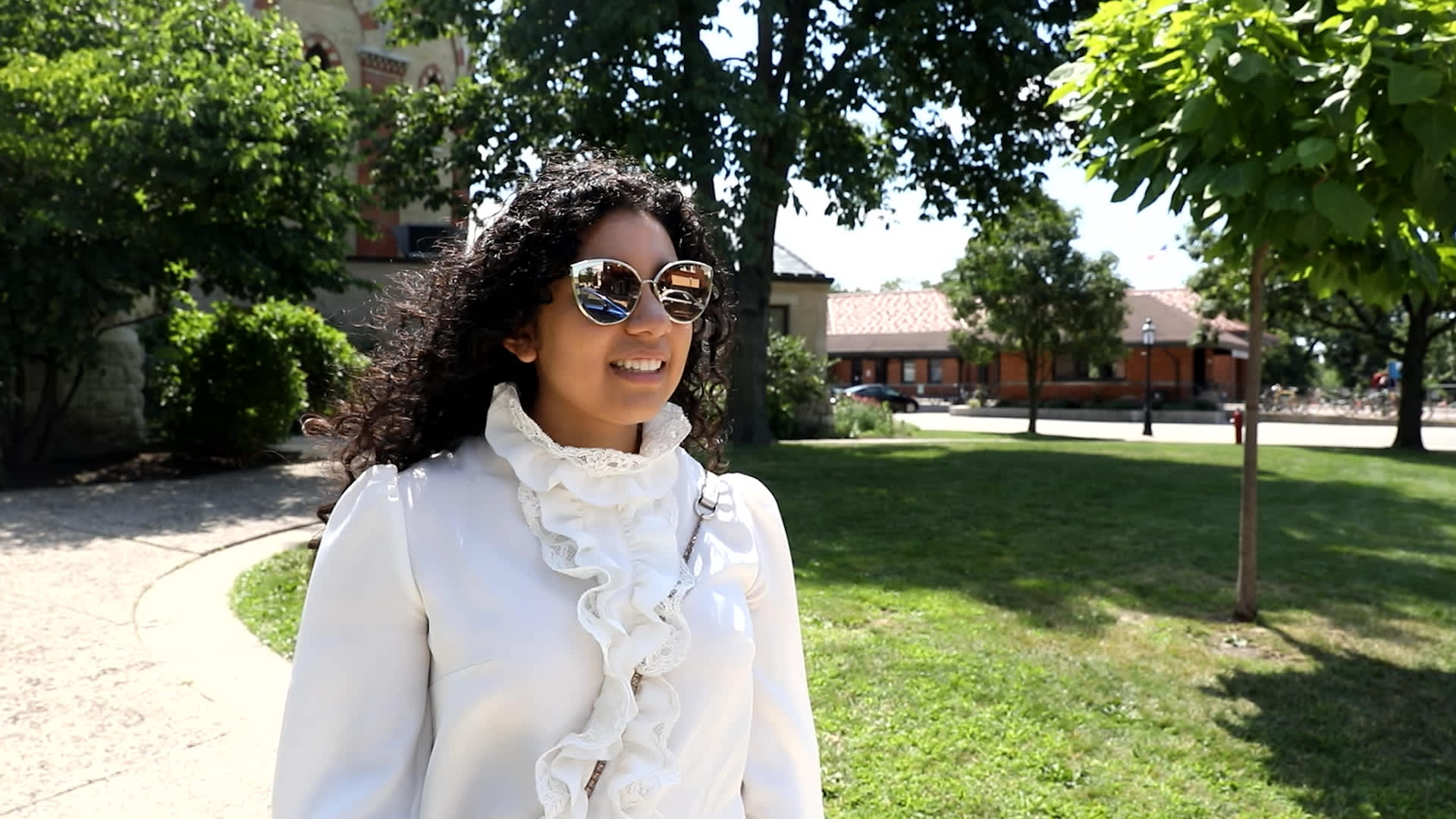Alex Sanchez, 25, has aspirations to be a millionaire by 30. And he’s on track: Sanchez earns more than $200,000 a year from his full-time job as an overhead lineman. However, he sees real estate as his path to wealth.
Currently, he owns five rental properties around Chicago and rents them out to five families. Eventually, he wants to own and rent out 20 units.
In response to the coronavirus pandemic, though, Sanchez is temporarily shifting his focus away from real estate. “I’ve turned my attention to the stock market,” he tells CNBC Make It.
While his current tenants have been able to pay rent so far, he’s aware that a lot of people are struggling to make ends meet: “I feel like right now is not a good time to go look for a tenant. … If people aren’t paying rent, why would I try to go get a property and get a tenant who might not even be able to pay?”
Plus, he recognizes that now could be a good time to put some money in the market, since he’s young and has a long time horizon.
Sanchez invests in the S&P 500 index fund, which holds 500 of the largest companies in the U.S. It’s a passive investment strategy championed by Warren Buffett and other personal finance experts that allows you to take advantage of the success of major corporations without the risks associated with buying individual stocks.
He also uses stock-trading apps Robinhood and Webull. “I invest mostly in blue-chip stocks,” he says, like Microsoft, Apple, Walmart and Costco. “I want the big companies that have been around for the longest time and have survived other recessions, but my biggest holding is the Vanguard S&P 500 index fund.”
Alex Sanchez puts a down payment on a new rental property.
CNBC Make It
Gabriela Ariza, 27, is shifting her focus in a similar way. The homeowner rents out one of the bedrooms in her two-bedroom house in Brookfield, Illinois, where she also lives, and a parking spot in her garage.
While she eventually wants to buy a second rental property, she’s holding off. Although “the interest rates are pretty good” right now, she says, “I want to take advantage of the stock market.”
Ariza was already investing aggressively in a Roth 401(k) and a Roth IRA before the coronavirus pandemic. Her employer recently announced that they’re eliminating the 4% 401(k) match until 2021, so she’s planning to contribute less to that account and more to her IRA for the time being.
She also started using Robinhood to invest in stocks.
However, when it comes to stock-trading apps like Robinhood, which allows users to buy and sell portions of shares of thousands of stocks and ETFs with as little as $1, be careful, experts advise. You want to already be invested in a diverse range of companies — which you can do using an index fund, for example — before putting your money into a single company, says Greg McBride, chief financial analyst at Bankrate.
Rather than picking single stocks, ”the individual investor is better suited by investing in mutual funds and exchange-traded funds,” McBride tells CNBC Make It. Robinhood does allow users to buy fractional shares of ETFs, he says, which is a good strategy, since ETFs typically have lower expense ratios than mutual funds and offer diversification.
“You can easily construct a well-diversified portfolio with a modest amount of money by buying exchange-traded funds,” McBride says. “Every dollar is going to work for you.”
Sanchez and Ariza’s decisions to hold off on buying more real estate right now is a smart move, since “real estate will get cheaper and offer a lower-priced entry point,” certified financial planner Kelly Crane tells CNBC Make It.
If they plan to eventually invest in more properties, they should wait until prices go down even more and use this time to prepare for the opportunity by building up cash reserves, he says. “You’ll want to know you can carry the property for at least a year with no income,” Crane says. “If this recession becomes intense or prolonged, worst case is you have no tenants for a rental, whether residential or commercial.”
Your real estate money should be separate from your stock market money, Crane adds. Money in the market should be invested for the long-term, especially in today’s volatile economic environment: “The economy is being shaken, and equities could fall, even to the bottom, when they want to pull the money out and invest in more real estate.”
But if Sanchez, Ariza or any other real estate investors have the means to invest in the market in addition to saving separately for real estate, “do both,” he says. “Build a stock market portfolio to hold onto for at least five to 10 years. Separately, save cash reserves to invest in the real estate market at the bottom.”
Don’t miss: 4 millennials share what it’s like to be a landlord during the coronavirus pandemic
Check out: The best credit cards of 2020 could earn you over $1,000 in 5 years
